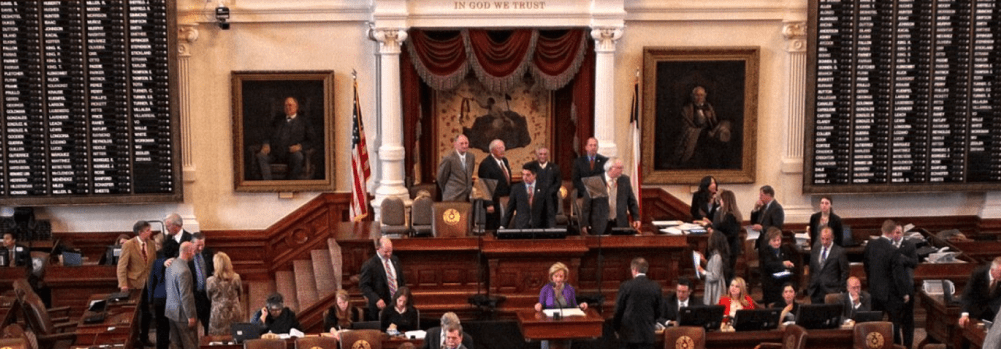The most effective ways to deliver lasting property tax relief are reforms that limit the taxing, spending, and borrowing power of local governments. But Texans should not expect such protections to be enacted willingly—they must speak louder than the government forces opposing them.
First, property tax limits need to be strengthened.
In 2015, reformers in the Senate sought to do two things—lower the annual rate at which local governments can increase their coffers (also known as the rollback rate), and require local voter approval for governments seeking to break that limit.
Local governments, their tax-funded lobbyists, and their associations came out in fierce opposition. Unsurprisingly, too many local officials oppose the idea of having to obtain voter approval to raise property taxes. So much for believing in “local control.”
It’s worth noting that school districts already face a similar requirement. Imposing a limit on tax-hiking cities and counties is not only common sense, but equitable.
Furthermore, the current rollback limit only applies to funds that flow into a government’s annual operating budget, not the portion of property taxes that repay debt. A better approach would be to apply the rollback limit to all property tax revenue collected, including funds used for debt service.
Second, tax reform should also involve limits on local spending growth.
Houston voters petitioned for and passed a charter amendment limiting the annual increase in property tax revenue, otherwise known as the revenue cap. But the city found a way to circumvent voters—they simply created new taxes not subject to the cap. As a result of ignoring glaring fiscal problems, the big-spending city is in financial trouble.
To force a greater degree of fiscal discipline, pro-taxpayer legislators could impose a spending limit that applies to total spending (both tax and fee supported), to prevent local politicians from circumventing property tax caps with higher fees or new taxes.
Finally, Texas’ debt epidemic must be addressed.
Voters should be given basic financial information on the ballot, such as the current debt of the asking entity, the total cost of the ballot proposition including both principal and interest expense, and the resulting impact on property tax rates if the measure is approved or rejected.
Local officials have openly admitted they will only put on the ballot what’s minimally required by state law. In other words, to increase ballot transparency that empowers voters, the legislature must act.
Voters should also be given the choice of voting separately on unrelated construction projects, such as athletic complexes, administration buildings, and new schools. And the legislature should prohibit districts from using debt to buy short-term consumables, such as band-uniforms, computers, and other items.
All too often, voters make the mistake of assuming their job ends at the ballot box. But Texans would be well served to hold elected officials accountable before, during, and after the election season. To do so effectively, they must understand reform, demand action from state legislators, and petition the support of local officials.




